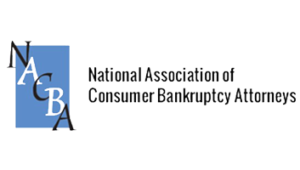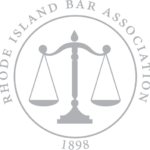A Unique Opportunity: Second Mortgages in Chapter 13
A Chapter 13 bankruptcy may allow you to strip off an unsecured second mortgage on your home. Consult a qualified bankruptcy lawyer to discuss this option.
“How Much Do You Charge To File Bankruptcy”
What does a Rhode Island Bankruptcy Cost? An experienced bankruptcy lawyer should quote you a fee tailored to the complexity of your case. There is no one-price-fits-all because every case is different. Be skeptical of any attorney who quotes you a fee without first taking the time to understand your situation.
Chapter 7 Bankruptcy Filing in Rhode Island: How Long Will It Take?
Chapter 7 Bankruptcy filings take how long to complete in Rhode Island? Let’s pretend you filed a Rhode Island Chapter 7 bankruptcy case today. If you did, your case would come to an end in about 90 days. What happens during that time? Let’s examine a typical Chapter 7 filing in RI: You complete your first […]
14 Lies About Bankruptcy
RI Bankruptcy lawyer separates fact from fiction concerning filing bankrupty. Those struggling with unpayable debt should learn more about bankruptcy relief.
Debt Settlement Plans: Part II
Debt settlement plans fail because they require unrealistic repayment terms. Contact a Rhode Island bankruptcy lawyer to understand all of your debt-relief options.
Rhode Island Bankruptcy Law: Myths vs Reality
RI bankruptcy laws protect property and restore order to financial chaos. Ignore myths and debt settlement scams and consult a qualified RI bankruptcy lawyer.
RI Bankruptcy Filing: Can’t I Just Keep One Credit Card?
RI Chapter 7 bankruptcy filers must list everyone they owe money to, including all credit cards with a balance and friends or family members.
Stopping Wage Attachment: Rhode Island Bankruptcy Law
Rhode Island Bankruptcy Law: Wage garnishments, or wage attachments, can be stopped by filing bankruptcy
RI Bankruptcy Law: Discharge vs Debt Cancellation
RI Bankruptcy Law: Understanding the tax difference between bankruptcy discharge and debt cancellation. Discharged debt is not taxable, but cancelled debt is.




